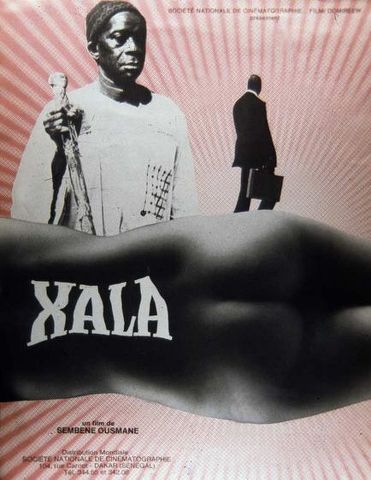

Senegalese director Ousmane Sembène’s Borom Sarret tells the story of a poor man trying to make a living as a cart driver in Dakar.
Borom Sarret or The Wagoner (French: Le Charretier) is a 1963 film by Senegalese director Ousmane Sembène, the first film over which he had full control.
It is often considered the first film ever made in Africa by a black African. It is 18 minutes long and tells a story about a cart driver in Dakar. The film illustrates the poverty in Africa, showing that independence has not solved the problems of its people.
It was shown as part of the Cannes Classics section of the 2013 Cannes Film Festival. [Wikipedia]Read More »


